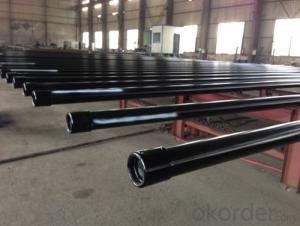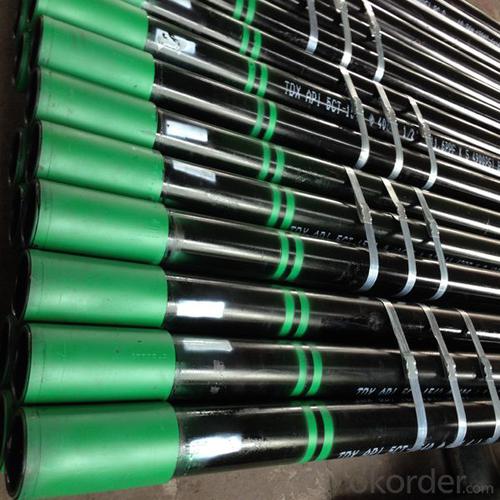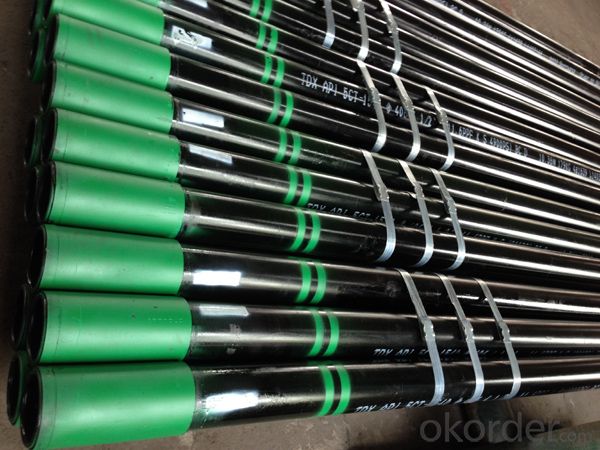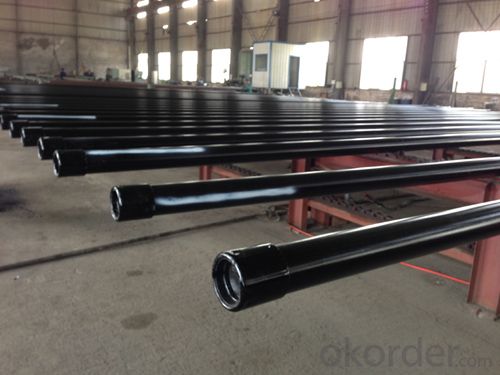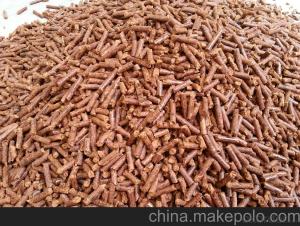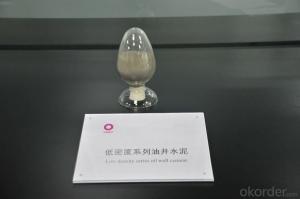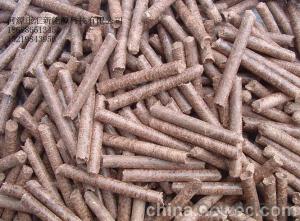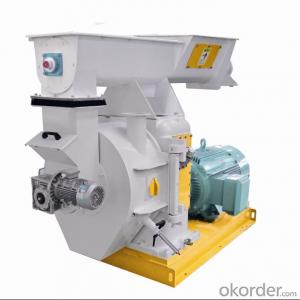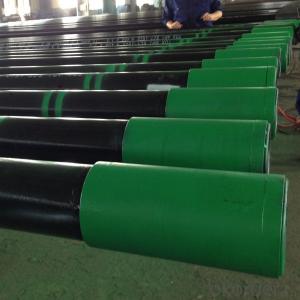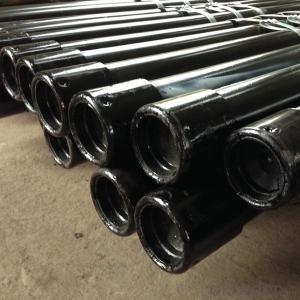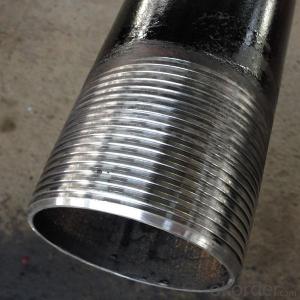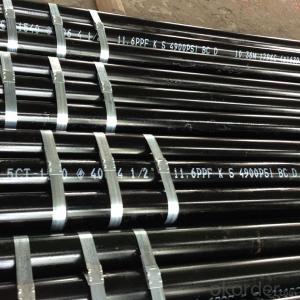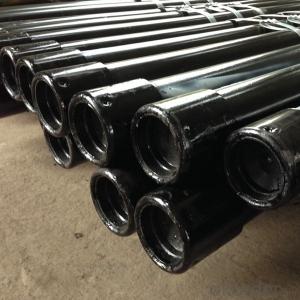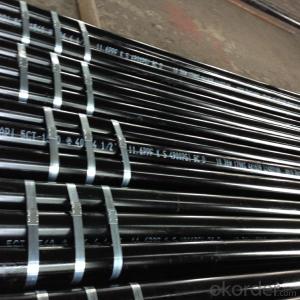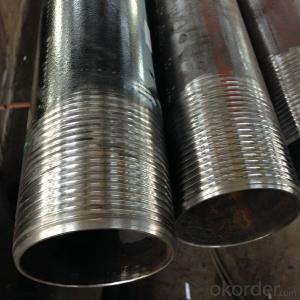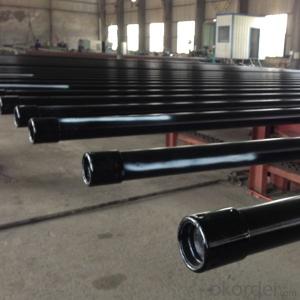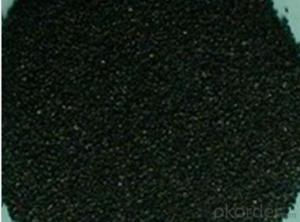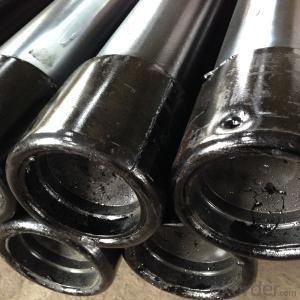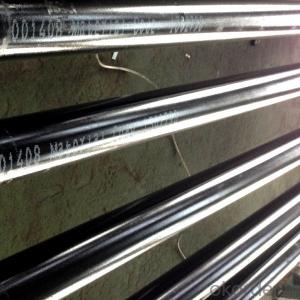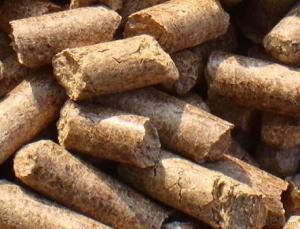API Casing Seamless Tubing 4.5'' K55 8.56MM R3
- Loading Port:
- Tianjin
- Payment Terms:
- TT OR LC
- Min Order Qty:
- 100 m.t.
- Supply Capability:
- 10000 m.t./month
OKorder Service Pledge
OKorder Financial Service
You Might Also Like
Product Description:
Casing is a wide range pipe that serves as the structural retainer for the walls of oil and gas wells, or well bore
It is inserted into a well bore and cemented in place to protect both subsurface formations and the wellbore from collapsing, to allow drilling fluid to circulate, and extraction to take place
Steel casing pipes have smooth wall and minimum yield strength of 35,000psi
Scope of Application of the Goods
Tubing: tubing is pipe used for the transportation of crude oil and natural gas from an oil or gas layer to the surface after drilling is complete
It is made to withstand the pressure generated from the extraction process
Tubing is manufactured in the same way as casing, except that an additional process known as "upsetting" is applied to thicken the pipes
Main Product Features:
· Premium quality
· Prompt delivery & seaworthy packing (5-10 days)
Reliable performance
Easy to weld
High safety.
· Professional Service
· Competitive pricing
Measuring of wall thickness from the outside
Low purchase cost
Specifications:
Tubing: tubing is pipe used for the transportation of crude oil and natural gas from an oil or gas layer to the surface after drilling is complete
It is made to withstand the pressure generated from the extraction process
Tubing is manufactured in the same way as casing, except that an additional process known as "upsetting" is applied to thicken the pipes
Process: ERW and seamless
Standard: API 5CT
Certificate: casing: LTC, STC, BTC, VAM
Tubing: NUE, EUE
Out diameter:
Casing: OD 4 1/2"- 20" (114.3mm-508mm)
Tubing: OD 2 3/8" - 4 1/2" (60.3mm-114.30mm)
Wall thickness: 0. 205"- 0.635"
Length: R1 (4.88mtr-7.62mtr), R2 (7.62mtr-10.36mtr), R3 (10.36mtr or longer)
Steel grade: H-40, J55, K-55, N-80, C-75, L-80, C-90, T-95, Q-125
Surface: corrosion proofing water based paint
End: beveled, square cut and pipe protection cap especially for casing and tubing
Heat treatment: normalized, quencher+temper
CasingSeamless 4-1/2” 11.6lbs / Ft K55
ButtressRange 2
Od:114.3mm
Thickness:6.35mm
Length:R2(7.62m-10.36m)
SteelGrade: K55
Connect: Bc
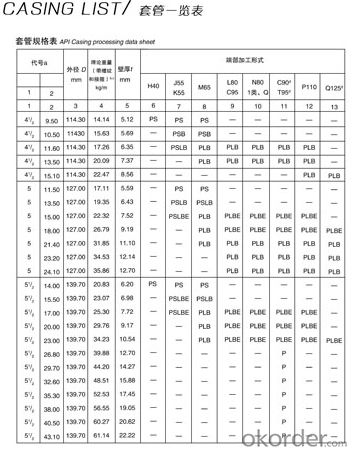
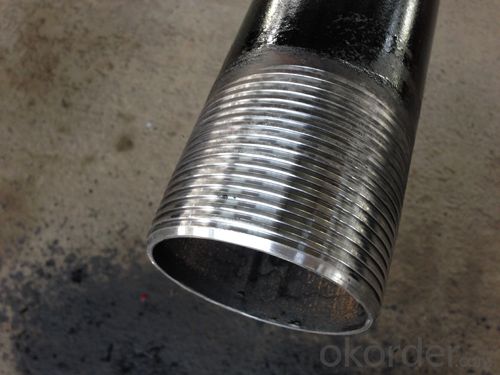
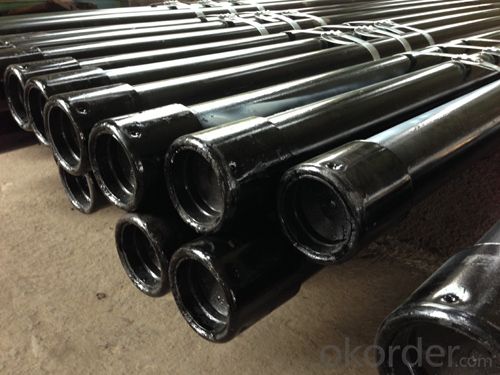
- Q: Metro energy feedback products which good?
- By using 3MW super capacitor energy storage device for subway compensation cases, can save power 5.4 subway single braking start in Shenzhen, the price of 0.9 yuan calculation, single start braking can save electricity =5.4x0.9=4.86 yuan,
- Q: New energy technology applications, including the professional
- 5 power electronics, a variety of new energy products are used to develop;6 the construction of the building, the need for various engineering structural design personnel.
- Q: What are the sources of energy that are common in life and the two energy sources
- The energy product obtained after the primary energy is processed and converted is called the two energy source, such as electricity, diesel oil, gasoline, etc.
- Q: What is terminal energy consumption
- The term energy consumption is mainly used in the energy industry, especially in the power industry. The following is a detailed description of the form of energy consumption: terminal energy consumptionThere are two forms of energy consumption, one is the direct consumption, also known as the terminal consumption; the other is the processing and conversion of consumption, also known as intermediate consumptionTerminal consumption is for intermediate consumption, refers to the energy is not used for intermediate processing conversion, but directly into a variety of heating, power and other equipment for production and non production activities of consumption, including:
- Q: What is the general energy?What do we usually say about energy conservation?
- Chapter I General ProvisionsArticle 1 this law is enacted for the purpose of promoting energy conservation, improving energy efficiency and economic efficiency, protecting the environment, ensuring the development of the national economy and society, and meeting the needs of the peopleSecond energy resources referred to in this Law refers to coal, crude oil, natural gas, electric power, coke, coal gas, heat, refined oil, liquefied petroleum gas, biomass energy and other directly or through processing, conversion and made useful to the various resources.
- Q: What is a high value-added products
- A lot of houses sold with only a few dollars. But from the spoon river sand refined silicon processing into CPU
- Q: Which products need to be marked energy efficiency logo
- Energy efficiency standards and energy efficiency labeling has been shown to be the best way to reduce energy costs in terms of cost-effectiveness, but also will bring huge environmental benefits, but also provide consumers with a positive return. Recent research results show that the formulation and effective implementation of new energy efficiency standards and energy identification, increase the efficiency and the level of consumer awareness of energy saving, energy saving in 2020 will be approximately equivalent to 277.5TWh, energy saving 1.29 tons of standard coal. The two common electricity savings equivalent to 2020 China urban and rural residents is expected to 56% of total electricity consumption, that is, through the development and promotion of energy efficiency standards, the implementation of energy efficiency labeling, China future 20 years of urban and rural residents can use the expected growth of consumption by nearly 85%. To 2020, the implementation of energy efficiency standards and labels will total 1.10 reduction in carbon emissions million tons; emissions of nitrogen oxides will reach more than 1 million 700 thousand tons; sulfur oxide emissions will reach 18 million 330 thousand tons; atmospheric particulate emissions will reach 10 million 350 thousand tons. The significant reduction in emissions of atmospheric pollutants can greatly alleviate the environmental problems such as greenhouse effect, photochemical smog, acid rain, and so on.
- Q: Can the total energy consumption (equal value) be calculated in terms of the sum of the equal value of electricity and other energy
- Equivalent value is a measure of the energy of the unit itself
- Q: Mainly for PetroChina, Sinopec, the state-owned monopoly enterprises to discuss
- The term "energy", in the past, was rarely talked about. It was the two oil crisis that made it a hot topic. Energy is the basic driving force for the development of the whole world and economic growth. Since the industrial revolution, energy security issues began to appear. With the rapid development of the global economy today, the international energy security has risen to the height of the country, all countries have developed energy security as the core energy policy. Over the next more than and 20 years, with the support of stable energy supply, the world economy has grown considerably. However, in the enjoyment of human beings from energy economic development, technological progress and other interests, also encountered a series of inevitable challenges of energy security, energy shortage, resource competition and excessive use of energy and environmental pollution caused by problems such as the threat to human survival and development.
- Q: Coal washing products are primary energy, or the two energy?
- Such as coal (coal), oil, natural gas, wind, water. Ocean energy, geothermal energy and nuclear fuel. The primary energy is converted into other forms of energy, such as coal gas, coke, electricity, steam and other petroleum products. It is called "the two energy source"
Send your message to us
API Casing Seamless Tubing 4.5'' K55 8.56MM R3
- Loading Port:
- Tianjin
- Payment Terms:
- TT OR LC
- Min Order Qty:
- 100 m.t.
- Supply Capability:
- 10000 m.t./month
OKorder Service Pledge
OKorder Financial Service
Similar products
Hot products
Hot Searches
Related keywords


